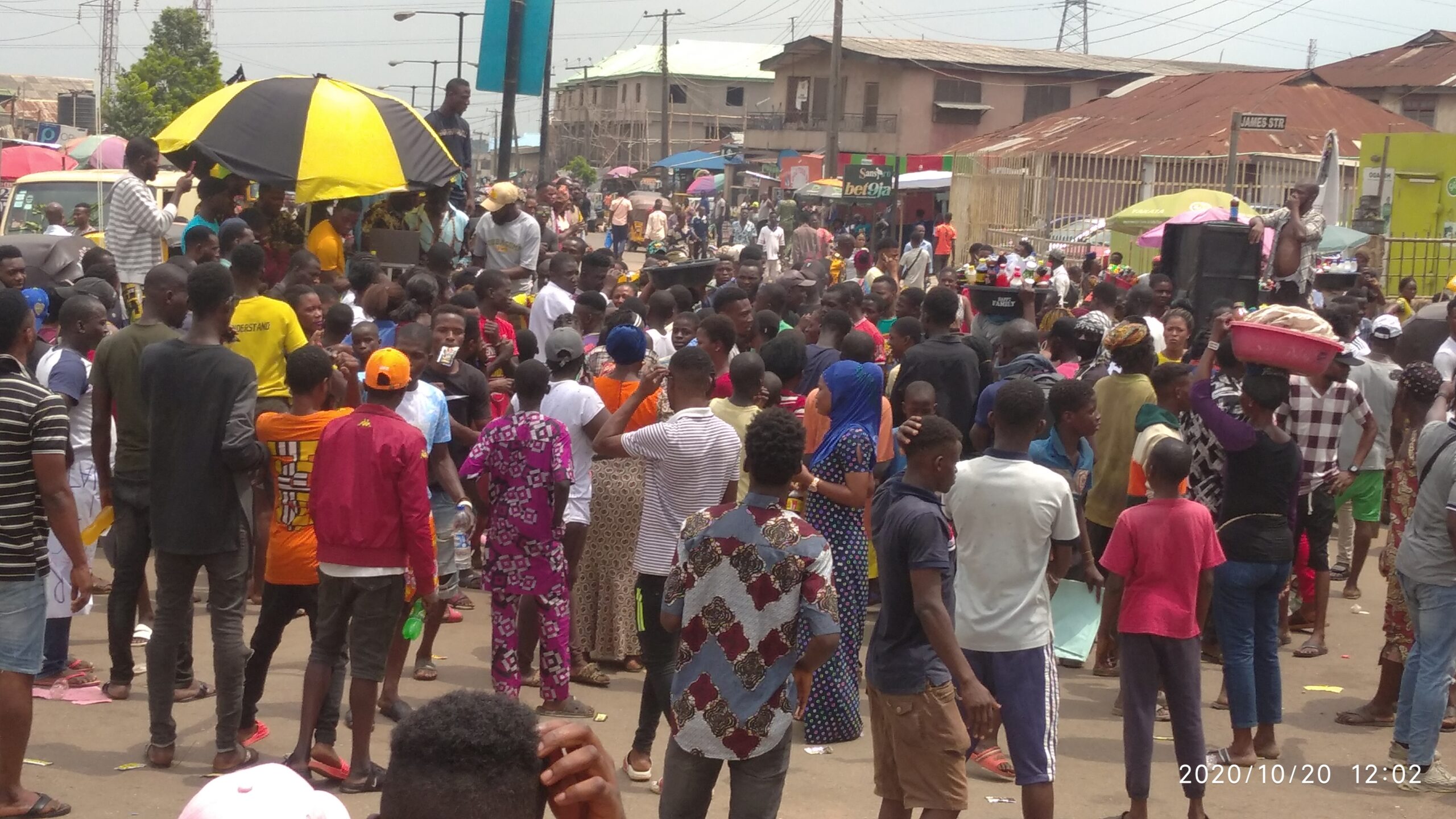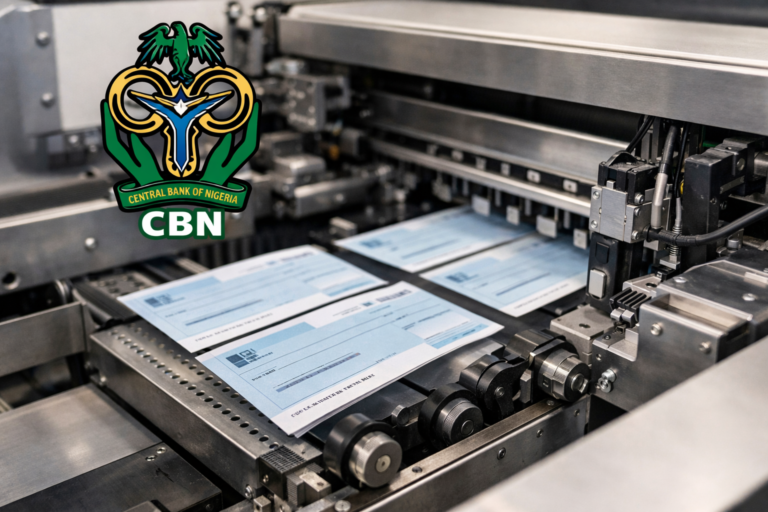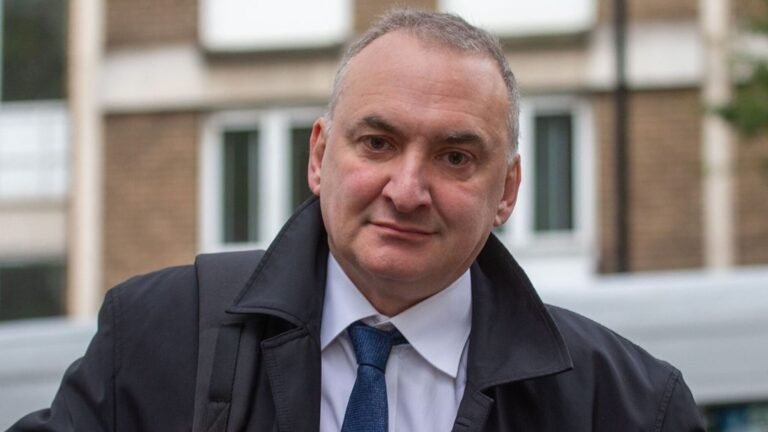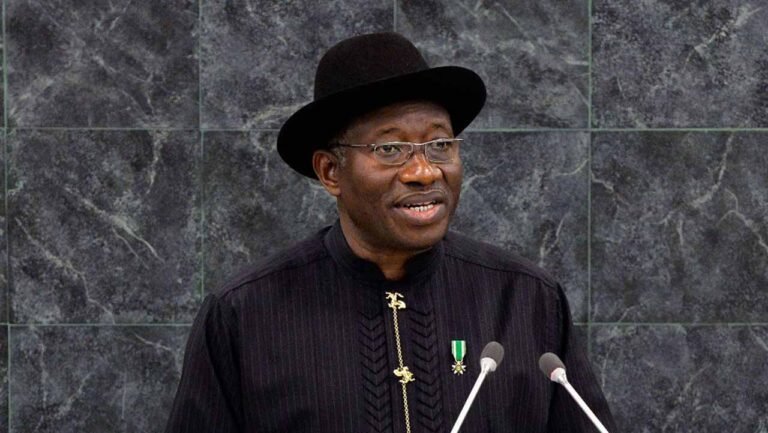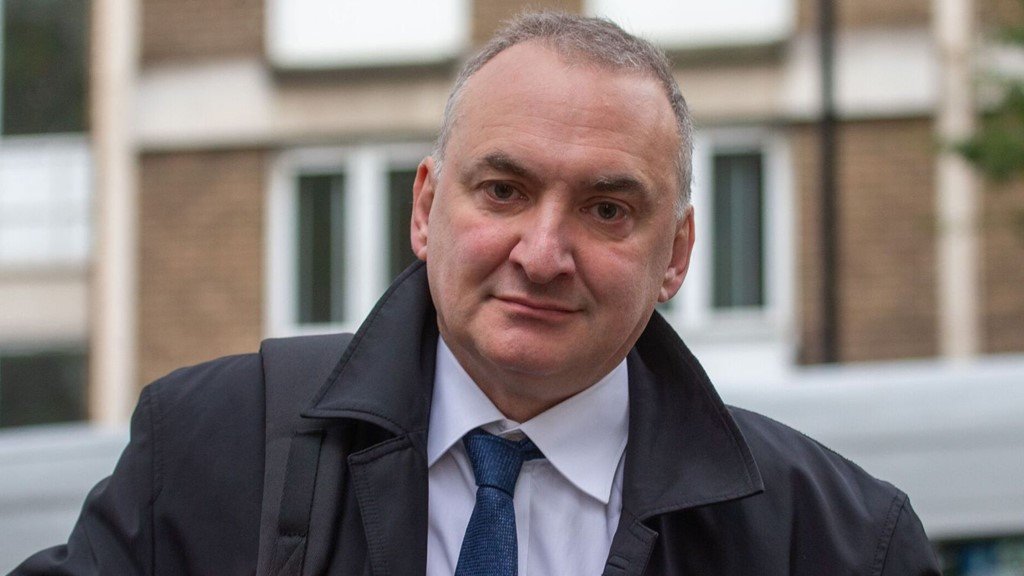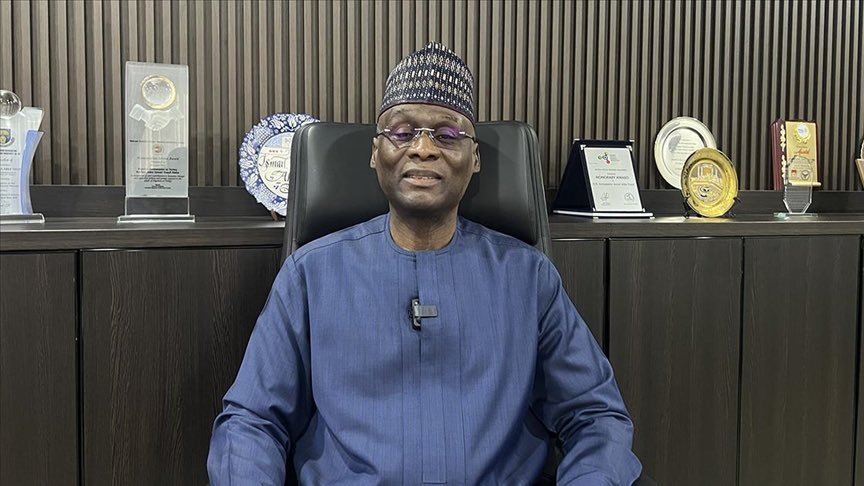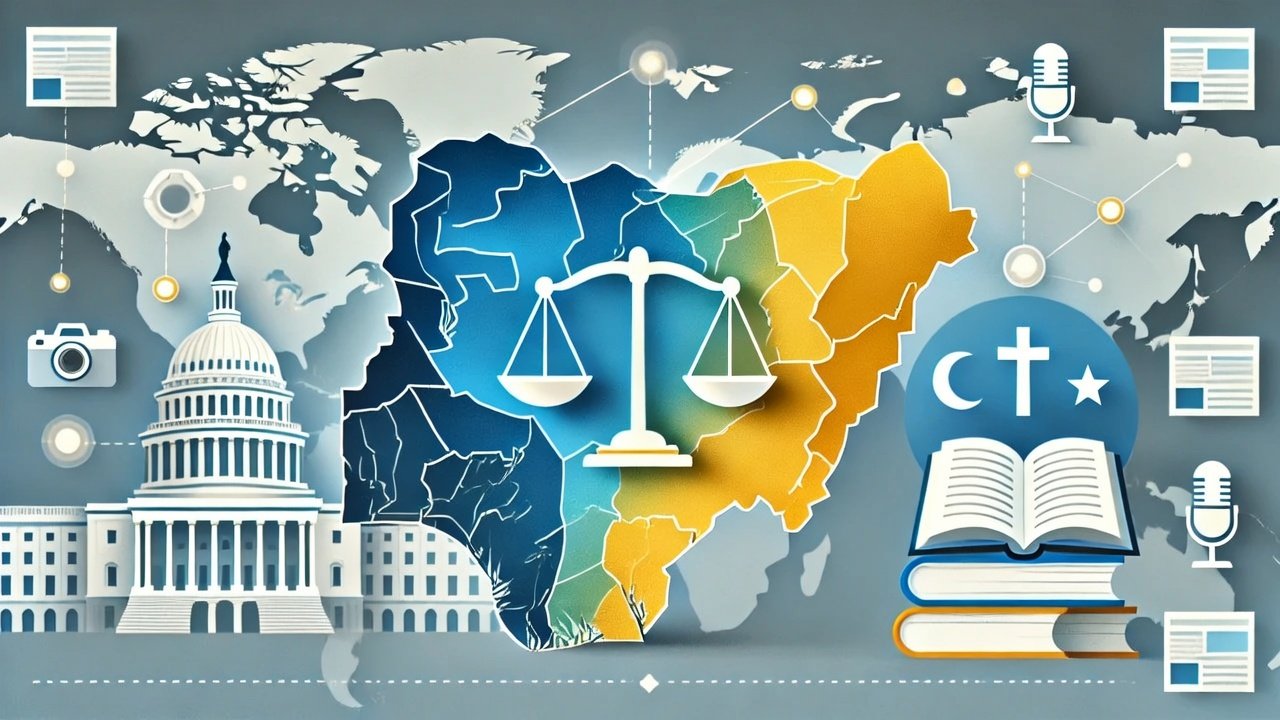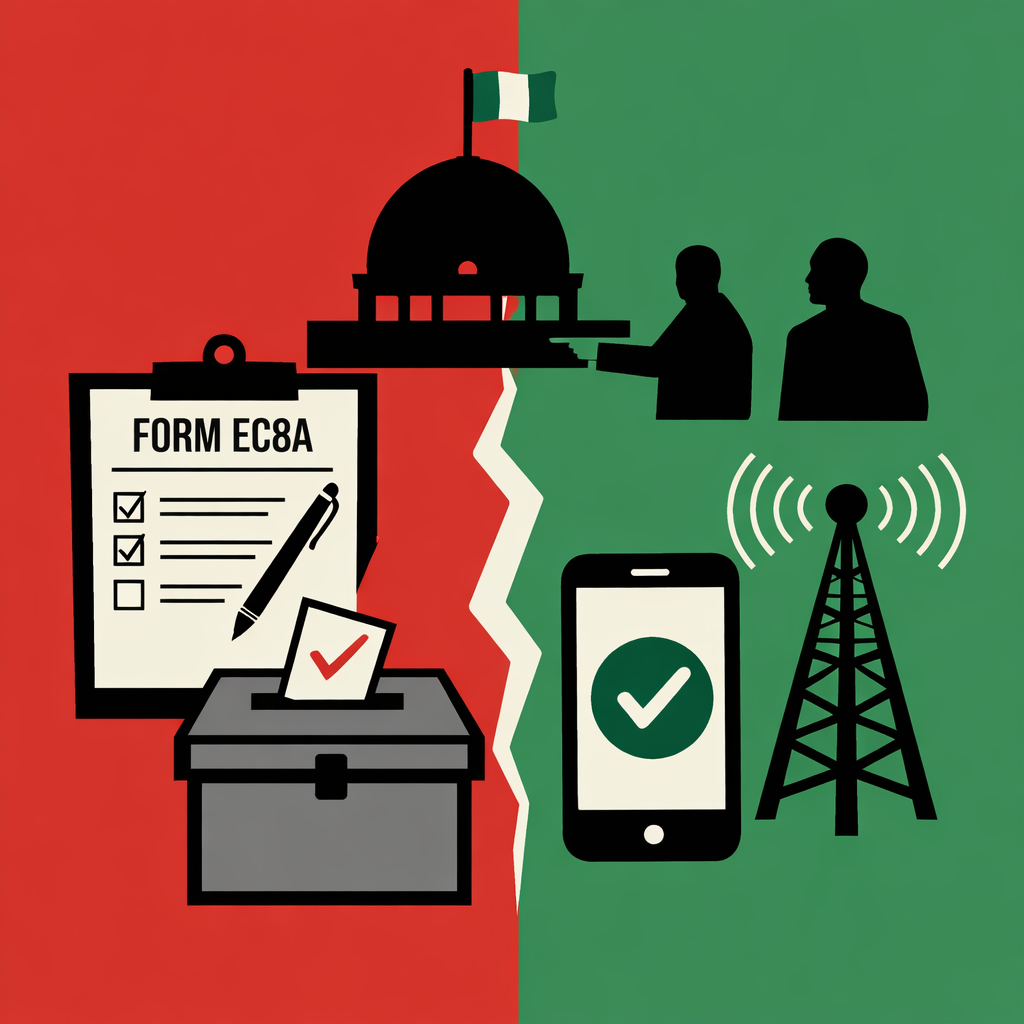The United States, United Kingdom, and Canada have issued travel warnings to their citizens in Nigeria as the country braces for potential unrest from planned protests against economic hardship. These advisories come in response to rising tensions and the anticipated protests slated to begin on August 1, 2024.
The UK Foreign Office has highlighted the risk of unrest from July 29 to August 10, emphasising that previous protests have turned violent with little warning.
The US Embassy similarly advised American citizens to avoid crowds and demonstrations. The Canadian government also issued a warning, cautioning that the planned protests could become violent unexpectedly.
Economic Background
Nigeria’s economic woes have escalated since President Bola Tinubu ended fuel subsidies and relaxed foreign exchange controls after assuming office in May last year.
This policy shift led to a spike in living costs, with inflation reaching a record high of 34.19 per cent in June and food inflation soaring above 40 per cent.
Nigerians, particularly young people, have called for demonstrations starting August 1, inspired by recent deadly protests in Kenya that led to the repeal of new taxes.
Government and Security Response
Authorities in Nigeria, including security forces and state governors, have urged the public to avoid participating in the protests. Officials have warned that while citizens have the right to peaceful protest, they do not have the right to incite anarchy.
Defence spokesman Major General Edward Buba emphasised that the government will not tolerate actions that threaten public order.
Opposition leader Atiku Abubakar has countered, insisting that the government must ensure the safety of peaceful protesters and warning against any attempt to suppress these constitutional rights. This debate underscores the tension between the need for public order and the right to protest.
Market and Business Concerns
Business leaders and market associations have expressed concerns about the potential impact of the protests on their operations.
In anticipation of the protests, traders in various regions, including the Federal Capital Territory, Kano, Sokoto, and Ogun State, are taking steps to protect their businesses from potential looting and violence. These measures include engaging with security agencies to safeguard markets and advising members to avoid involvement in the protests.
Historical Context
The upcoming protests echo the significant #EndSARS movement in 2020, which started as a demonstration against police brutality but evolved into widespread anti-government protests. The movement led to a crackdown by security forces, with Amnesty International reporting that soldiers shot at least 10 people dead at the Lekki toll gate in Lagos.
The Nigerian government and the military have denied responsibility for these deaths.
As Nigeria approaches the planned protests, the situation remains tense. Citizens and businesses are preparing for potential disruptions, while international governments urge caution and vigilance. The outcome of these protests could have significant implications for Nigeria’s social and economic landscape.


